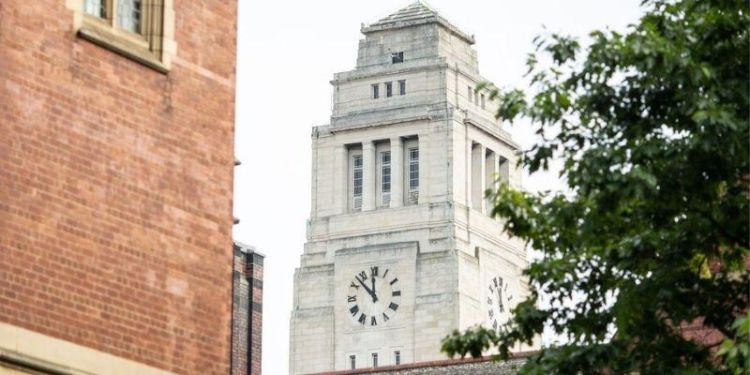History and Institutional Memory: Official, Authorised and Internal Histories in Perspective

- Date: Friday 25 February 2022, 12:30 – 14:00
- Location: Off-campus
- Cost: Free
This roundtable discussion examines the nature of official, authorised and internal histories from the perspectives of those who produce and use them, and of historians who have written about them.
Histories commissioned by government, either for general publication or for purely internal use, have long been seen as an important means of capturing ‘institutional memory’ and learning from the past. Yet as the Chief Historian of the Foreign, Commonwealth and Development Office (FCDO), Patrick Salmon notes in a recent open-access monograph, professional historians have sometimes viewed the genre with considerable scepticism.
The issues that this round table seeks to explore include:
- The opportunities and risks of working closely with government to generate historical accounts
- The extent to which authorised and in-house histories diverge from conventional works of academic history
- The philosophical and methodological issues raised by the attempt to ‘learn lessons from history’
- The future of this field of history in the twenty-first century
Panellists
- Patrick Salmon, Chief Historian at the FCDO). Author of The Control of the Past: Herbert Butterfield and the Pitfalls of Official History (IHR, 2021)
- Helen McCarthy, Professor of Modern and Contemporary British History at the University of Cambridge. Author of Women of the World: The Rise of the Female Diplomat (Bloomsbury 2014)
- Rachel King, Deputy Principal Private Secretary to the Foreign Secretary (FCDO)
- Simon J Ball, Professor of International History and Politics, University of Leeds. Author of, Secret History: Writing the Rise of Britain's Intelligence Services (McGill-Queen’s UP, 2020)
- Michael Goodman, Professor of Intelligence and International Affairs, Head of the Department of War Studies and Dean of Research Impact at King's College London. Author of The Official History of the Joint Intelligence Committee, Volume I: From the Approach of the Second World War to the Suez Crisis (Routledge, 2014).
The event will be chaired by Philip Murphy, Director of History and Policy at the Insitute of Historical Research.
Please note that this event will be held on Zoom. It is free to attend but booking is required. Details about how to join the virtual event will be circulated via email to registered attendees 24 hours in advance.

